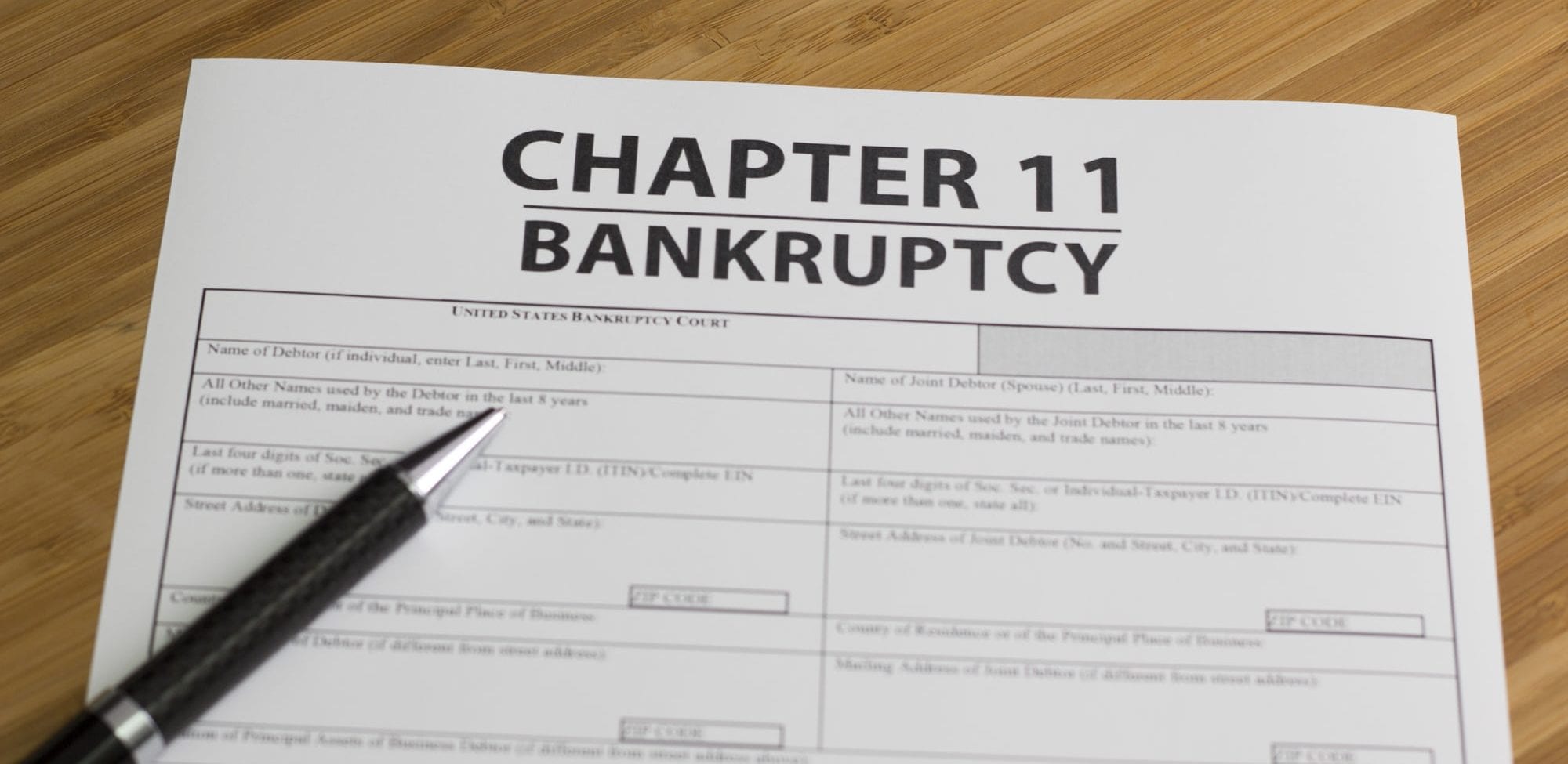Bankruptcy is a legal process that can offer financial relief to individuals and businesses overwhelmed by debt. However, a common question that arises during bankruptcy proceedings is, “Who pays for bankruptcies?” In this article, we will delve into the intricacies of bankruptcy costs and who bears the financial burden.
Understanding Bankruptcy Costs
Bankruptcy is not a one-size-fits-all solution, and its costs can vary depending on the type of bankruptcy, the complexity of the case, and legal representation. Here’s a breakdown of the main expenses involved:
- Filing Fees and Administrative Costs
- When an individual or business files for bankruptcy, there are filing fees associated with it. The amount varies based on the type of bankruptcy. In a Chapter 7 bankruptcy, the filing fee is currently around $335, while a Chapter 13 bankruptcy costs about $310. These fees help cover administrative costs associated with processing the case.
- Attorney Fees
- Many individuals and businesses hire bankruptcy attorneys to navigate the complex legal processes. Attorney fees can vary widely, depending on the attorney’s experience and the complexity of the case. Typically, Chapter 7 cases are less expensive to handle, with fees ranging from $1,000 to $2,500, while Chapter 13 cases may cost between $2,500 and $6,000.
- Credit Counseling and Financial Management Courses
- Before filing for bankruptcy, individuals are required to attend credit counseling and financial management courses, which come with their own fees. These courses are intended to provide debtors with financial education and ensure they understand the implications of bankruptcy.
- Trustee’s Fees
- In Chapter 7 cases, a trustee is appointed to oversee the liquidation of non-exempt assets and distribute the proceeds to creditors. The trustee is compensated through a percentage of the assets they distribute.
- Priority Debts
- Priority debts, such as child support, alimony, and certain taxes, must be paid in full through the bankruptcy process. These costs are determined based on the individual’s or business’s financial situation.
Who Pays for Bankruptcies?
Now that we’ve outlined the major expenses associated with bankruptcy, it’s time to answer the central question: Who pays for bankruptcies?
- The Debtor (Individual or Business)
- In most bankruptcy cases, the debtor is responsible for covering the filing fees, attorney fees, and any credit counseling or financial management course costs. The debtor may use their existing assets or income to pay these expenses. In Chapter 13 bankruptcy, some of these costs can be incorporated into the repayment plan, making it more manageable.
- Secured and Priority Creditors
- When a debtor files for bankruptcy, secured creditors (those with collateral) and priority creditors (such as child support recipients) are typically paid first. The funds used to pay these debts come from the debtor’s assets and income.
- Unsecured Creditors
- Unsecured creditors, which include credit card companies and medical providers, are often at the end of the line to receive payment in bankruptcy. They may receive a portion of what is owed to them or nothing at all, depending on the available funds.
- Bankruptcy Estate
- In Chapter 7 cases, non-exempt assets are liquidated, and the proceeds form a bankruptcy estate. This estate is used to pay off creditors to the extent possible.
FAQs About Who Pays for Bankruptcies
- Can I avoid paying for bankruptcy by representing myself?
- While it is possible to file for bankruptcy without an attorney, it’s not recommended for most individuals. Bankruptcy law is complex, and mistakes can be costly. Hiring an attorney is an additional cost but can significantly increase your chances of a successful outcome.
- What if I can’t afford the bankruptcy fees?
- If you genuinely can’t afford the filing fees, you may be eligible for a fee waiver or payment plan. Be sure to discuss your financial situation with your bankruptcy attorney or the court.
- Will my credit score be affected by the bankruptcy costs?
- Yes, filing for bankruptcy can negatively impact your credit score, as it indicates financial distress. However, as you rebuild your finances post-bankruptcy, your credit score can gradually improve.
- Can I discharge attorney fees in bankruptcy?
- In Chapter 7 bankruptcy, attorney fees are generally considered non-dischargeable. This means you’ll need to pay these fees outside of the bankruptcy process. In Chapter 13, some fees can be included in the repayment plan.
Conclusion
In conclusion, who pays for bankruptcies depends on various factors, including the type of bankruptcy, the debtor’s financial situation, and the creditors involved. Typically, the debtor is responsible for covering the costs associated with the bankruptcy process, but secured and priority creditors often receive payments before unsecured creditors. Bankruptcy is a complex legal procedure, and it’s advisable to seek legal counsel to navigate it effectively and ensure the best possible outcome for your financial situation. Understanding the costs and financial implications is a crucial step in making an informed decision regarding bankruptcy.







